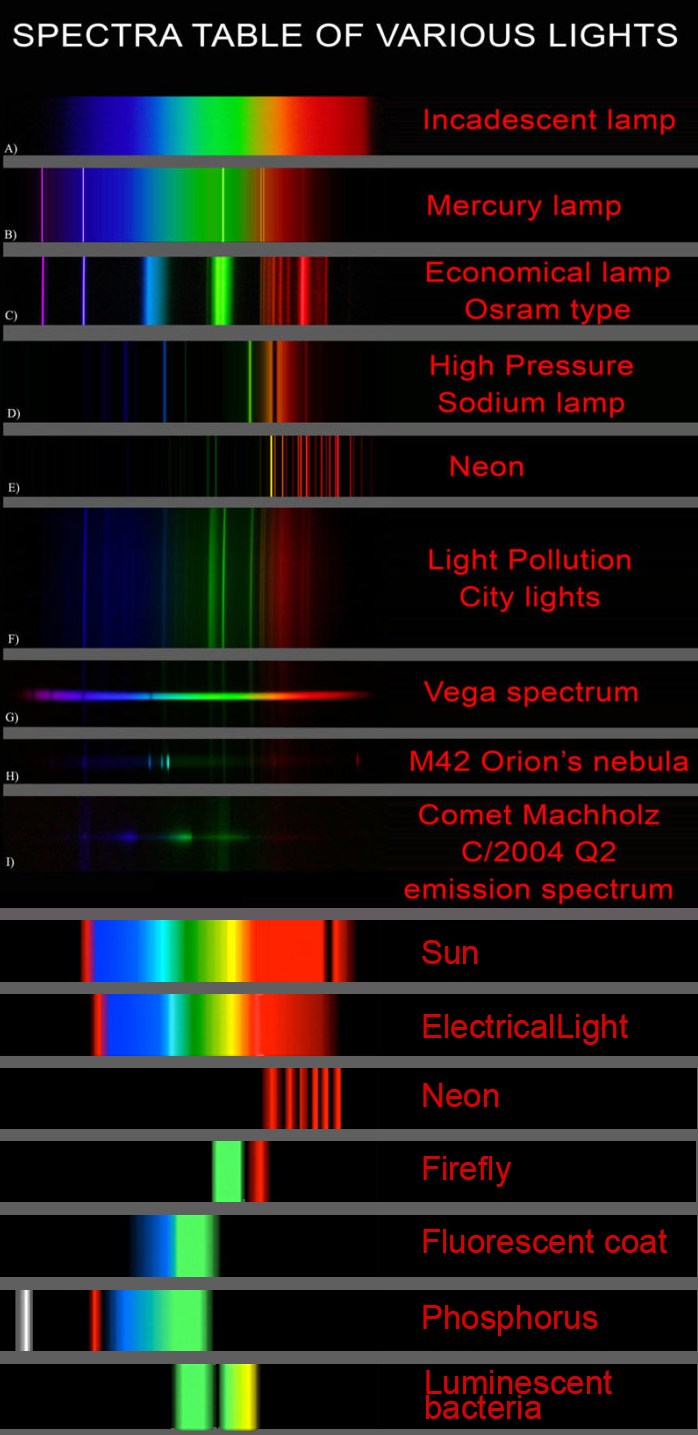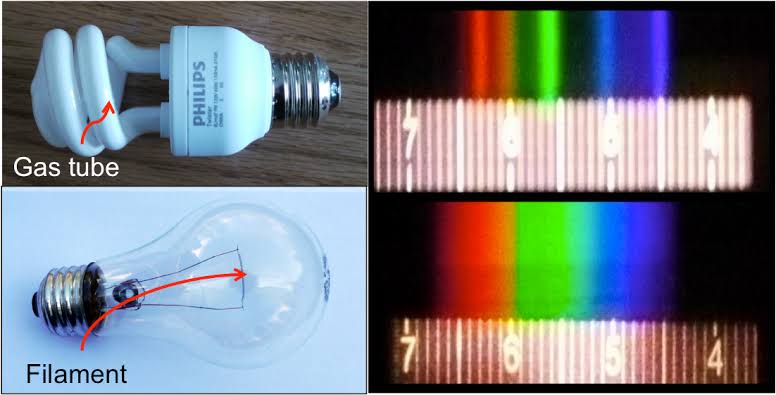BREAKING NEWS
LATEST POSTS
-
-
Anthropic releases a new free Claude 3.5 Sonnet AI model
https://www.theverge.com/2024/6/20/24181961/anthropic-claude-35-sonnet-model-ai-launch
https://www.anthropic.com/claude
https://time.com/6990386/anthropic-dario-amodei-interview/
https://github.com/anthropics/anthropic-quickstarts
Dario Amodei, CEO of Anthropic, envisions a future where AI systems are not only powerful but also aligned with human values. After leaving OpenAI, Amodei co-founded Anthropic to tackle the safety challenges of AI, aiming to create systems that are both intelligent and ethical. One of the key methods Anthropic employs is “Constitutional AI,” a training approach that instills AI models with a set of core principles derived from universally accepted documents like the United Nations Declaration of Human Rights.
https://apps.apple.com/us/app/claude-by-anthropic/id6473753684
-
GaiaNet – Install and run your own local and decentralized free AI agent service
https://github.com/GaiaNet-AI/gaianet-node
GaiaNet is a decentralized computing infrastructure that enables everyone to create, deploy, scale, and monetize their own AI agents that reflect their styles, values, knowledge, and expertise. It allows individuals and businesses to create AI agents. Each GaiaNet node provides
- a web-based chatbot UI.
- an OpenAI compatible API. See how to use a GaiaNet node as a drop-in OpenAI replacement in your favorite AI agent app.
-
LARS – An application that enables you to run LLMs locally on your device
https://github.com/abgulati/LARS
This grounding helps increase accuracy and reduce the common issue of AI-generated inaccuracies or “hallucinations.” This technique is commonly known as “Retrieval Augmented Generation”, or RAG.
LARS aims to be the ultimate open-source RAG-centric LLM application. Towards this end, LARS takes the concept of RAG much further by adding detailed citations to every response, supplying you with specific document names, page numbers, text-highlighting, and images relevant to your question, and even presenting a document reader right within the response window. While all the citations are not always present for every response, the idea is to have at least some combination of citations brought up for every RAG response and that’s generally found to be the case.
-
Chinese’s DeepSeek-Coder-V2 – Breaking the Barrier of Closed-Source Models in open source Code Intelligence
An open-source Mixture-of-Experts (MoE) code language model that achieves performance comparable to GPT4-Turbo in code-specific tasks. Specifically, DeepSeek-Coder-V2 is further pre-trained from an intermediate checkpoint of DeepSeek-V2 with additional 6 trillion tokens. Through this continued pre-training, DeepSeek-Coder-V2 substantially enhances the coding and mathematical reasoning capabilities of DeepSeek-V2, while maintaining comparable performance in general language tasks. Compared to DeepSeek-Coder-33B, DeepSeek-Coder-V2 demonstrates significant advancements in various aspects of code-related tasks, as well as reasoning and general capabilities. Additionally, DeepSeek-Coder-V2 expands its support for programming languages from 86 to 338, while extending the context length from 16K to 128K.
https://github.com/deepseek-ai/DeepSeek-Coder-V2
-
TDK claims insane energy density in solid-state battery breakthrough
The new material provides an energy density—the amount that can be squeezed into a given space—of 1,000 watt-hours per liter, which is about 100 times greater than TDK’s current battery in mass production.
TDK has 50 to 60 percent global market share in the small-capacity batteries that power smartphones and is targeting leadership in the medium-capacity market, which includes energy storage devices and larger electronics such as drones.
-
Wanderson M. Pimenta – Denoiser Comp Addon – FREE DOWNLOAD – BLENDER TO NUKE/DAVINCI SUPPORT
https://blender-addons.gumroad.com/l/denoiser_comp_addon
Blender 3 updated Intel® Open Image Denoise to version 1.4.2 which improved many artifacts in render, even separating into passes, but still loses a lot of definition when used in standard mode, DENOISER COMP separates passes and applies denoiser only in the selected passes and generates the final pass (beauty) keeping much more definition as can be seen in the videos.
FEATURED POSTS
-
10 FREE AI Tools
- https://erase-it.cloudinary.com/ Remove unwanted elements in a picture
- https://www.theresapromptforthat.xyz/ Generate better prompts for AI
- https://wonderplan.ai/ Generate accurate travel plans
- https://magickpen.com/ Blog article writer
- https://www.brandbird.app/ Brand/social media image/video creator
- https://www.createaivideos.com/ Generate videos
- https://namify.tech/ Generate online brand names
- https://kiti.ai/ Recipes from videos generator
- https://www.bing.com/images Image generator
-
Free fonts
https://fontlibrary.org
https://fontsource.orgOpen-source fonts packaged into individual NPM packages for self-hosting in web applications. Self-hosting fonts can significantly improve website performance, remain version-locked, work offline, and offer more privacy.
https://www.awwwards.com/awwwards/collections/free-fonts
http://www.fontspace.com/popular/fonts
https://www.urbanfonts.com/free-fonts.htm
http://www.1001fonts.com/poster-fonts.html

How to use @font-face in CSS
The
@font-facerule allows custom fonts to be loaded on a webpage: https://css-tricks.com/snippets/css/using-font-face-in-css/
-
Survivorship Bias: The error resulting from systematically focusing on successes and ignoring failures. How a young statistician saved his planes during WW2.
A young statistician saved their lives.
His insight (and how it can change yours):
(more…)
During World War II, the U.S. wanted to add reinforcement armor to specific areas of its planes.
Analysts examined returning bombers, plotted the bullet holes and damage on them (as in the image below), and came to the conclusion that adding armor to the tail, body, and wings would improve their odds of survival.
But a young statistician named Abraham Wald noted that this would be a tragic mistake. By only plotting data on the planes that returned, they were systematically omitting the data on a critical, informative subset: The planes that were damaged and unable to return.
-
Space bodies’ components and light spectroscopy
www.plutorules.com/page-111-space-rocks.html
This help’s us understand the composition of components in/on solar system bodies.
Dips in the observed light spectrum, also known as, lines of absorption occur as gasses absorb energy from light at specific points along the light spectrum.
These dips or darkened zones (lines of absorption) leave a finger print which identify elements and compounds.
In this image the dark absorption bands appear as lines of emission which occur as the result of emitted not reflected (absorbed) light.
Lines of absorption
 Lines of emission
Lines of emission







